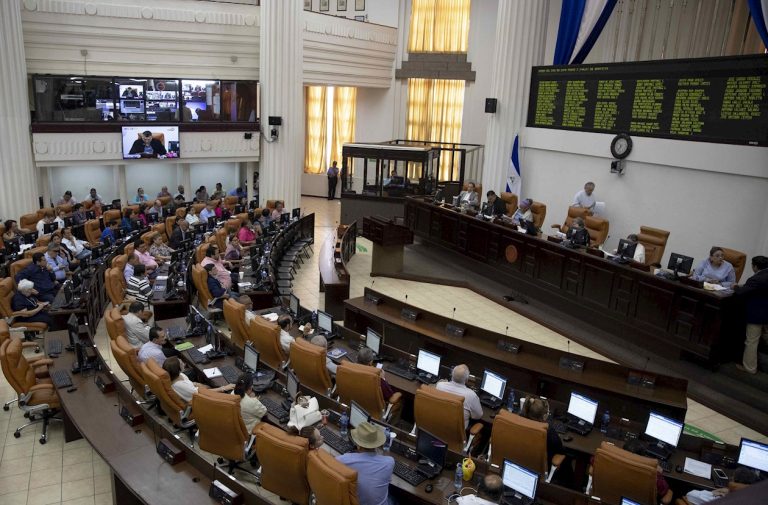26 de septiembre 2020

Children of Exile: The Births “Sowing Hope” in the Camp of Nicaraguan Farmers

PUBLICIDAD 1M
PUBLICIDAD 4D
PUBLICIDAD 5D
More than 100 NGOs have called on Nicaraguan citizens and the international community to reject the proposed Foreign Agents Regulation Law

The real objective of regime is to create a threat for opposition groups and to dilute the debate on the inexcusable electoral process
The Nicaraguan Platform of NGO Networks, made up of more than 100 NGOs, calls on Nicaraguan citizens and the international community to reject the proposed Foreign Agents Regulation Law, introduced by governing party FSLN deputies at the National Assembly.
The NGOs said the unilateral, politically based law, is designed as another weapon of the police state against civil society. The following is their statement:
This bill not only seeks to violate our constitutional rights such as the right to privacy of our data, our right to work, and freedom of association. It is also part of the government’s effort to split Nicaragua, between government supporters and those who oppose it. The latter would now have to declare their movements of funds, activities, and employment ties.
The State of Nicaragua subjugates us as Nicaraguan citizens under suspicion of working as ‘foreign agents’ with the supposed purpose of ‘putting the security of our country at risk.’
The bill is not supported by any study or risk analysis. It requires any person who receives money from abroad, be they a natural or legal person, to register with the Interior Ministry (MIGOB), and undergo financial monitoring by the Financial Analysis Unit (UAF). This reaffirms the police state the Ortega-Murillo regime wants to continue consolidating.
Now, we are not only in a state of total defenselessness but face the constant possibility of being accused without grounds. Through this bill, social activists and human rights defenders would be forced to self-incriminate.
A State that for 13 years has denied Nicaraguans any public information, now wants through a “decree” to demand legal and natural persons to declare the movement of monetary funds, material goods, and labor ties, and even to make them public knowledge. The latter is a serious violation of human rights, and above all, in an increasingly polarized context. It will subject hundreds of human rights activists in Nicaragua to political violence.
We want to make clear to the population that Nicaraguan civil society organizations work from values. These include non-violence, a culture of peace, and human development, mainly for women, children and adolescents, and vulnerable groups.
This law limits the political participation of movements, organizations, associations, and even churches that, for diverse reasons and with different objectives, receive some external financial support to implement development projects in the communities. The law then contradicts itself when it states: ‘It is the duty of all Nicaraguans to preserve and defend these rights.’
For all of the above, we demand this bill be rejected since it only contributes to the lack of institutionalism that Nicaragua is experiencing.
PUBLICIDAD 3M
Confidencial es un diario digital nicaragüense, de formato multimedia, fundado por Carlos F. Chamorro en junio de 1996. Inició como un semanario impreso y hoy es un medio de referencia regional con información, análisis, entrevistas, perfiles, reportajes e investigaciones sobre Nicaragua, informando desde el exilio por la persecución política de la dictadura de Daniel Ortega y Rosario Murillo.
PUBLICIDAD 3D